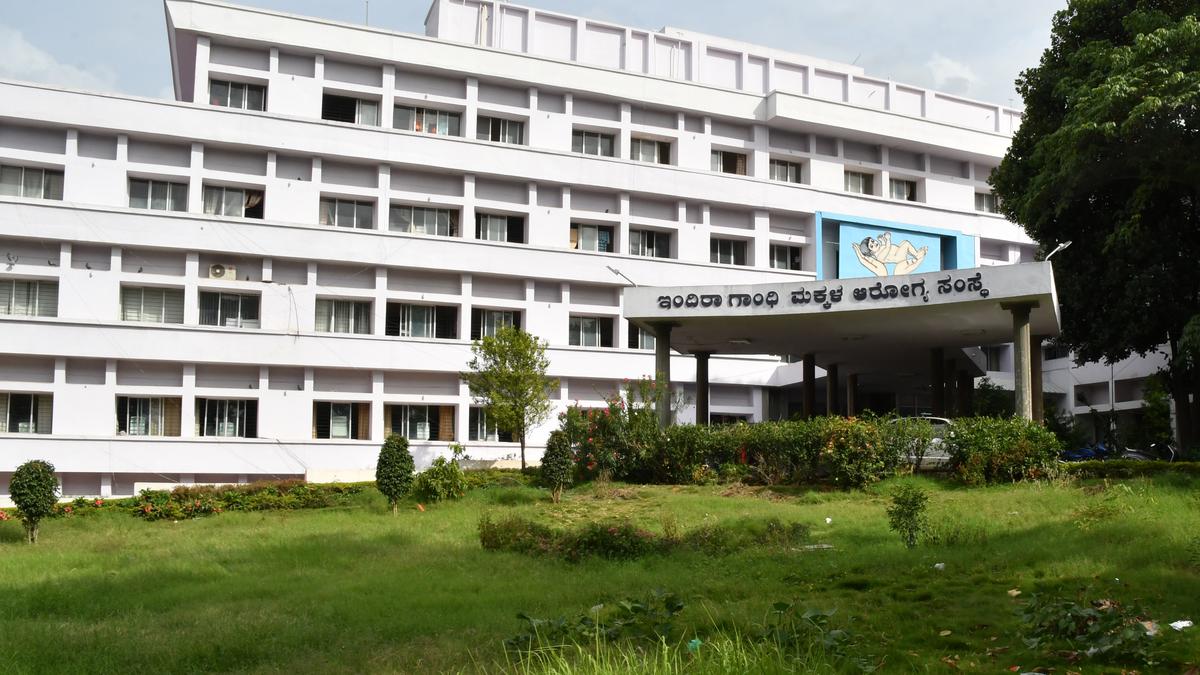
The management of rare disease testing and treatment
The Hindu
Vinutha M., a 23-yr-old pharmacy student, is battling a rare genetic disease with indomitable courage. Karnataka is a model State for rare disease treatment, enrolling its 100th patient in 2022. The Centre's National Rare Disease Policy was amended in 2022, providing one-time aid of ₹50 lakh per patient. Funds were released in 2023, but exhausted quickly. Treatment has stopped for 5 Group 3 patients in Karnataka, but 2 have been restarted with State funds. The Centre is exploring low-cost alternatives and converting the policy into a programme to ensure sustainable funding. Patient advocacy groups are unhappy with the non-utilisation of funds.
Vinutha M. is a 23-year-old pharmacy student in the nondescript town of Nelamangala, about 30 kilometres northwest of Bengaluru. The life of this frail woman is a story of indomitable courage, resounding resilience, and unwavering determination not to be cowed down by a rare genetic disease that modern medicine has yet to find a cure for.
When she was nine, Vinutha’s parents noticed that some of the worrying symptoms she always had — poor appetite and an intolerance for solid food — were worsening. “All through her childhood, we fed her just milk. She had a skinny body but a huge abdomen. In high school, she was embarrassed to attend class with a huge abdomen. The only consolation was that she had no neurological impairment,” recalls her mother, Kalpana Murugesh.
They visited multiple hospitals and were even directed to the Kidwai Memorial Institute of Oncology for a bone marrow test to rule out leukaemia. In 2011, doctors concluded that she had Wilson’s Disease, a rare disorder that causes copper to accumulate in the liver, brain, and other vital organs. She was put on treatment for over two years. However, her condition did not show improvement.
After many more hospital visits and genetic tests, Vinutha was finally diagnosed with Gaucher Disease at the State-run Indira Gandhi Institute of Child Health (IGICH), Bengaluru, in 2016. Noting that she had spleen and liver enlargement, doctors advised a splenectomy, and she underwent the surgery the same year. “Doctors told us that her spleen weighed 3 kg after removal,” her mother says, narrating the financial and mental agony the family went through.
Karnataka is regarded as a model State for the treatment of rare disease patients in India. Last week, the State enrolled its 100th patient for treatment at one of India’s 11 Centres of Excellence for Rare Diseases (Centre for Human Genetics and IGICH, genetic testing and treatment institutions): Brithi, 6, who was diagnosed with Prader-Willi Syndrome (PWS) at the age of two and a half. According to a senior official in the Union Ministry of Health and Family Welfare, the Centre is planning to organise video conferences to facilitate sharing Karnataka’s best practices with other CoERDs.
“Genetic testing has been offered free to all patients at IGICH for the last 15 years. Karnataka was the first State to initiate treatment of rare diseases in 2016, even when there was no policy in place,” says Dr. Sanjeeva G.N., professor of Paediatrics at IGICH and CoERD nodal officer. Since then, the Karnataka government has spent ₹60 crore on the treatment of 50 patients, he adds. Besides, it has also been supporting those with Primary Immune Deficiency. “In the last one and half decades, nearly 40,000 families have been diagnosed and counselled at this CoERD in Bengaluru,” the doctor says.
In March 2021, the Union Health Ministry came out with the National Rare Disease Policy. Although Vinutha was put on enzyme replacement therapy at the IGICH in 2016 with the help of State funds, her hope of a sustainable treatment was rekindled.

Bangladesh is witnessing renewed political tension after the killing of Sharif Osman Hadi, a young leader who emerged during the July–August 2024 uprising that led to the removal of Sheikh Hasina. Hadi later headed the radical group Inquilab Mancha and was campaigning ahead of the 2026 parliamentary election when he was shot in Dhaka. His death has triggered protests, diplomatic friction with India, and concerns over rising political violence as Bangladesh heads towards elections under an interim government.












